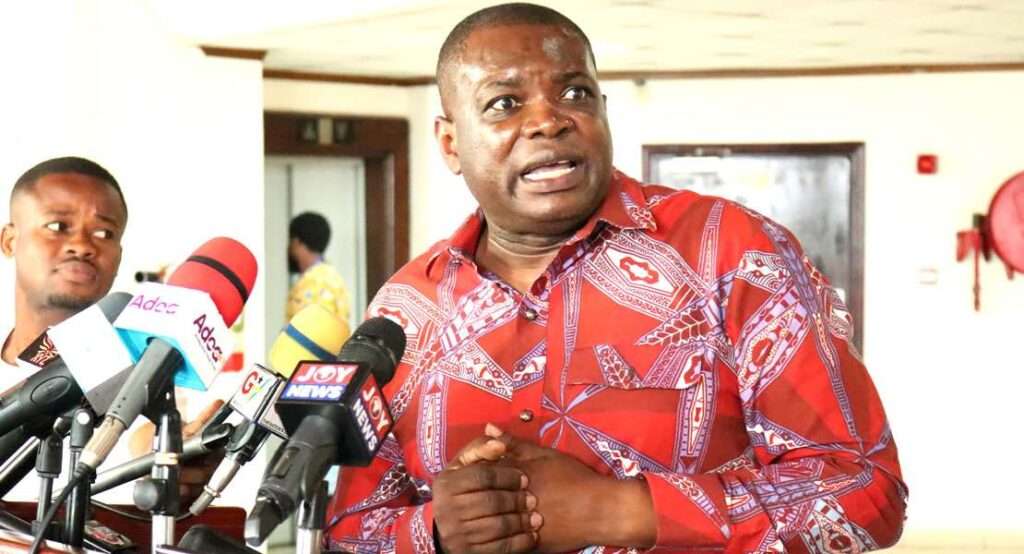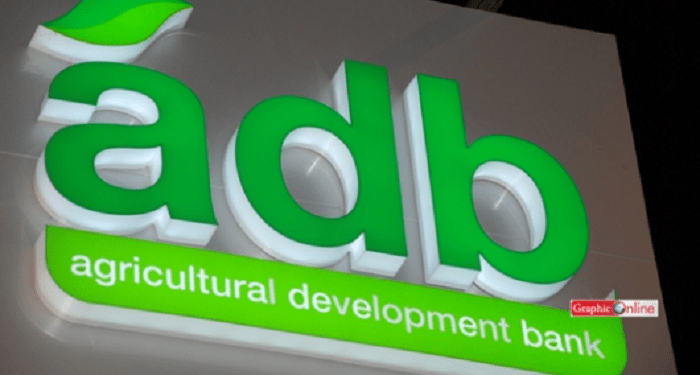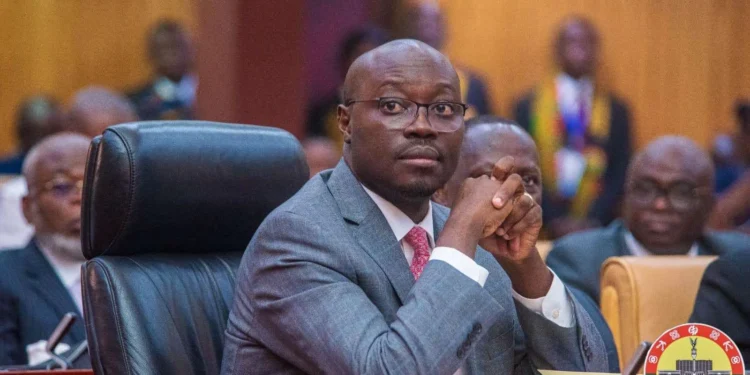Ghana is taking decisive steps toward reintroducing road tolls through a modernized, transparent, and efficient system, marking a significant shift in the country’s road maintenance and revenue generation policies.
Minister for Roads and Highways, Hon. Kwame Governs Agbodza, announced the initiative during the Government Accountability Series held on Wednesday, July 30, 2025.
According to the Minister, the former administration had abruptly abolished road tolls in favor of the controversial electronic levy (e-levy), leaving a gap in critical road maintenance funding.
The current government, he stated, has always maintained a consistent position on the importance of tolling and had committed in its manifesto to reinstating it.
“As principled as we are, we spoke against that even at the time, encouraging the [then NPP] government to restore the tolling. They refused, they attempted to bring it back, at the tail end of their regime. We were consistent and principled and asked them to bring it back. And indeed, prior to the election, we made it clear in our manifesto that we’ll bring it back.”
Hon. Kwame Governs Agbodza

Hon. Agbodza emphasized that Ghana cannot afford to abandon road tolls as a source of infrastructure funding, especially given the deteriorating conditions of many national and urban roads.
He noted that road maintenance must be sustained through reliable revenue channels, and tolls remain a logical and sustainable means of achieving this.
He stressed that the Cabinet has officially approved the return of road and bridge tolls, with a central focus on modernization.
The new system, he explained, will transition Ghana from the traditional manual method to an electronic tolling platform that ensures better transparency, improved user experience, and streamlined operations at tolling points.
New Tolls Payment To Enhance Accountability
The electronic system, as described by the Minister, will eliminate physical tollbooths and introduce automation to reduce congestion and curb revenue leakage.
The initiative is expected to make toll payment more seamless while promoting accountability in the management of toll proceeds.
Hon. Governs Agbodza further explained that the plan will only apply to roads that have been properly engineered or rehabilitated. The government does not intend to impose tolls on feeder roads or unpaved routes.
This approach, he added, aligns with the government’s goal of fairness and efficiency in road financing.

“The ministry has launched a concessionaire pre-qualification process so far. Public advertisement has been done. A brief qualification conference was held on 07/03/2025.
“12 firms have submitted applications currently under evaluation. Proposed new toll rates have been submitted to parliament via the Ministry of Finance to determine the rates we are going to be charging when the toll is implemented.”
Hon. Kwame Governs Agbodza
These applications are currently under review, with the aim of selecting companies capable of deploying cutting-edge technology for the tolling system.
According to Hon. Agbodza, this step ensures that the process remains competitive, inclusive, and aligned with the country’s infrastructure modernization goals.
The Minister also expressed optimism that Parliament will act in the national interest by endorsing rates that reflect the cost of road maintenance while remaining fair to users.
By relying on an electronic platform, the system aims to limit human intervention, reduce corruption, and speed up transactions.
Hon. Agbodza described this as a strategic improvement that not only enhances transparency but also contributes to road user convenience and state revenue collection.
Funds From Road Tolls To Improve Infrastructure
The reintroduction of road tolls is part of a broader effort to revamp Ghana’s transportation infrastructure. The Ministry has indicated that funds generated will be earmarked for the upkeep of roads, especially those that have been rehabilitated or newly constructed.
The government is also exploring avenues to direct a portion of the funds to tackle urban congestion and improve traffic flow in major cities.
The policy has already sparked public interest, with many road users and civil society organizations calling for a fair and accountable implementation.

While some stakeholders have raised concerns over the timing of the policy, particularly in light of economic pressures, the government insists that the benefits far outweigh the challenges.
According to the Ministry, the absence of tolls over the past few years has contributed to funding shortfalls and delayed maintenance efforts.
Reintroducing a modern tolling system is expected to address these gaps, enhance infrastructure quality, and ensure sustainability in the country’s transport sector.
Minister Agbodza concluded by reiterating the administration’s commitment to prudent and inclusive policymaking.
Accordingly, he assured the public that the tolling regime would not be a burden, but rather a tool to strengthen national infrastructure for the collective good.
Ghana’s move to adopt a digital road tolls system represents a shift toward modern governance and financial accountability.
If implemented effectively, the policy could mark a turning point in the country’s infrastructure development and economic resilience.
READ ALSO:Nana Poku Ashis Seeks National Celebration for Daddy Lumba























